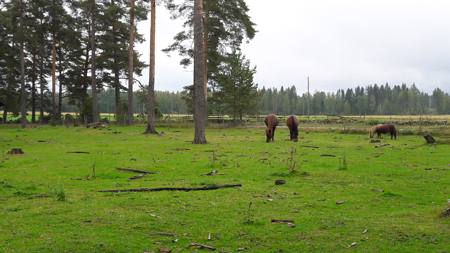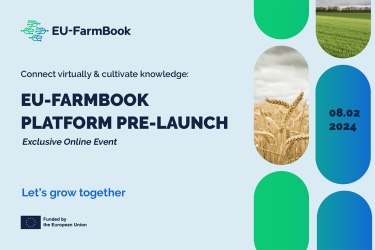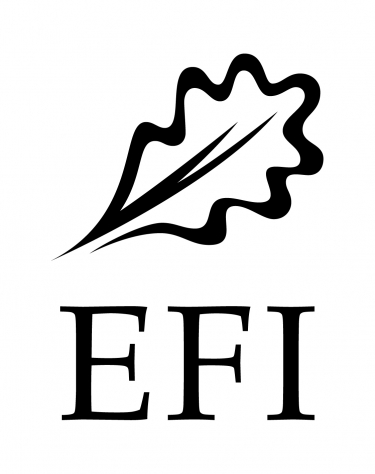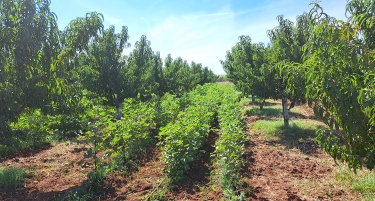AFINET highlights agroforestry systems in Europe
A newly started project AgroForestry Innovation NETworks (AFINET) promotes agroforestry implementation throughout Europe by improving knowledge on management and design of agro-sylvicultural systems. With 13 partners, including the European Forest Institute (EFI), in nine countries, the project will work to take research results into practice and promote ideas to face challenges and solve problems of agroforestry. Agroforestry represents climate-smart agriculture with economic, environmental and social benefits.
Based on the idea that new and better ways of sharing knowledge and expertise are essential to keep agriculture competitive and rural areas alive, AFINET undertakes a thematic network aimed to collect and share existing but insufficiently used knowledge and best practices about agroforestry.
Agroforestry against climate change
Agroforestry consists of deliberately integrating woody vegetation - trees or shrubs - with crop and/or animal systems, thereby benefiting from the resulting ecological and economic interactions.
These practices can reduce climate change impacts by helping to reduce soil erosion, allowing carbon sequestration and introducing natural pest control systems, therefore reducing the use of chemical pesticides. They also help to decrease fire risk, as animal presence reduces biomass.
Both the environment and the farmers can benefit from moving beyond extensive monocultures to agroforestry systems, both social and economically. The results of introducing this type of climate-smart agriculture practices are higher quality products, higher yields, diversification of activities and thus higher incomes, among others.
Regional Agroforestry Innovation Networks bring regional actors together
The project uses an innovative approach by setting Regional Agroforestry Innovation Networks (RAINs) in each of the participating regions. RAINs are working groups formed by a balanced representation of key actors with complementary type of knowledge where farmers, foresters, researchers, advisers and government services can gather to share their knowledge and experiences about agroforestry.

Over the past months, all RAINs have held their first meetings. As the regions are diverse, each RAIN meeting focused on different crops, species and combinations. In Italy, for instance, the focus was on olive orchards, in Portugal on montado and in Finland, the management of wood pastures was discussed. The Finnish RAIN is led by EFI senior researcher Michael den Herder.
The first RAIN discussions showed that European agroforestry stakeholders have common needs and interests, regardless of their regional diversity. One of the most relevant concerns that arose was about commercialization of products resulting from agroforestry and consumer’s lack of knowledge on their added value. The lack of information available on management of the agroforestry systems, such as combination of species or grazing pressure, costs and profitability, was also highlighted, as well as the need of demonstration systems and farms.
More information is available at the AFINET website .


